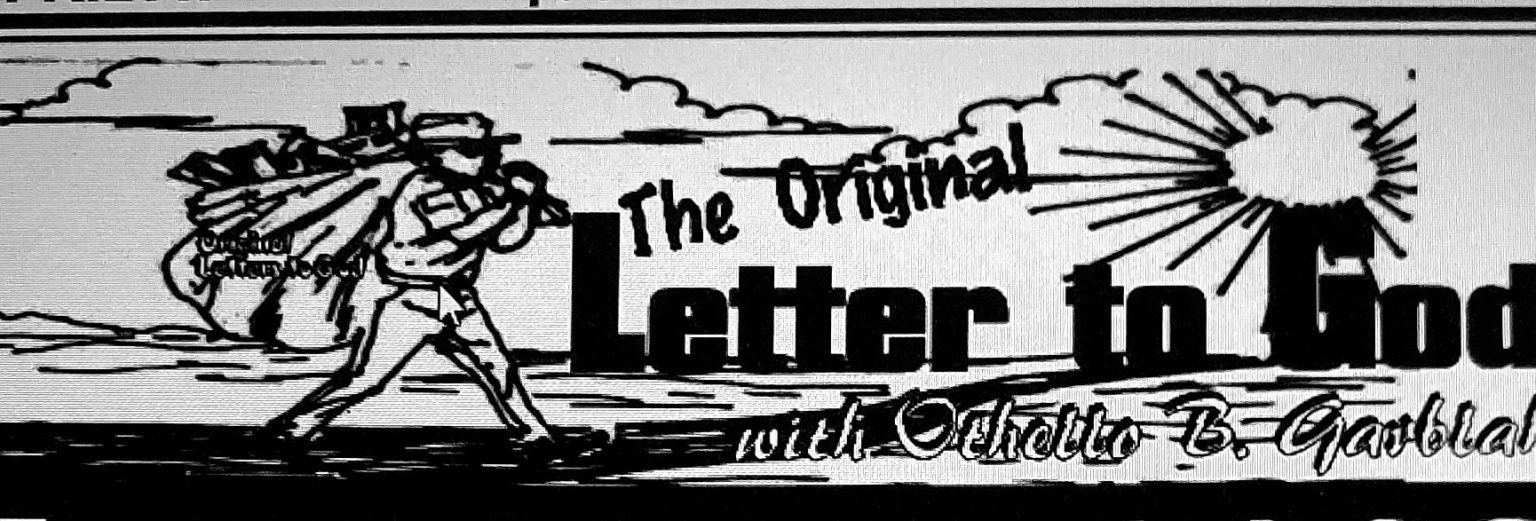This conversation depicts a frustrated individual venting to a trusted figure, likely a priest or elder, about the hypocrisy and corruption plaguing their village leadership. The speaker’s friend has publicly criticized the Traditional Council, accusing them of condemning the rebel leaders while secretly benefiting from the same illicit activities. This critique has drawn ire and made the friend a target. The speaker believes the friend’s accusations are valid, pointing to the “Village cake” as a metaphor for the shared spoils of corruption. The rebels provided the “ingredients,” likely resources or funds, and the elders are quietly consuming their share without complaint. The friend argues that if the Council truly disapproves of the rebels’ actions, they should return their portion of the benefits.
The conversation then delves into the financial motivations behind the political posturing. The speaker highlights the “money bisnay” (business) driving the conflict, suggesting that personal enrichment, not principled governance, is the primary motivator for both the Traditional Council and the rebels. The speaker cites specific examples of corrupt leaders, using nicknames like “You eat, I eat” and “I will see what to do,” to illustrate the self-serving nature of their leadership. This corruption has dire consequences for the villagers, leading to unpaid wages and widespread hardship. The pervasive financial impropriety has created a climate of desperation, with the speaker lamenting the difficulty of daily life and relying on divine intervention for survival.
The speaker further criticizes the “Oldman,” likely a prominent village figure or former leader, for hypocrisy. Despite previous criticisms of corruption, the Oldman now engages in even more egregious practices. The speaker attributes this moral decline to the influence of the Oldman’s self-serving advisors, who are more concerned with personal gain than the welfare of the village. The speaker expresses concern about the lack of wise counsel surrounding the Oldman, suggesting his “children” or close associates are primarily interested in enriching themselves and their partners. This internal circle reinforces the Oldman’s corrupt practices, further exacerbating the village’s problems.
The overarching theme is the betrayal of trust and the erosion of ethical leadership. The Traditional Council, tasked with upholding justice and tradition, is depicted as complicit in the very corruption they condemn. This hypocrisy fuels public cynicism and despair. The speaker’s use of colloquialisms and metaphorical language, like the “Village cake” and the descriptive nicknames for corrupt officials, adds a layer of vividness and emotional depth to the narrative. It underscores the personal impact of these systemic issues on ordinary villagers. The speaker’s tone is a blend of frustration, resignation, and a desperate hope for divine intervention.
The speaker’s reliance on faith is evident in the repeated references to God “manning” or protecting the villagers. This highlights the sense of vulnerability and powerlessness felt by the community in the face of such widespread corruption. The speaker sees little hope for change from within the existing power structures, placing their trust instead in a higher power. The narrative paints a stark picture of a community struggling under the weight of corrupt leadership, where financial self-interest trumps the common good.
The conversation unfolds as a personal account of the social and political decay within the village. It is a lament for lost integrity and a cry for help in the face of overwhelming adversity. The speaker’s intimate language and personal anecdotes create a sense of immediacy and emotional connection to the story. The listener, presumably a figure of authority or spiritual guidance, is implicitly called upon to offer solace, wisdom, or perhaps even intervention. The story serves as a powerful indictment of corruption and its devastating impact on the social fabric of a community. It highlights the critical need for ethical leadership and the importance of holding those in power accountable for their actions.














